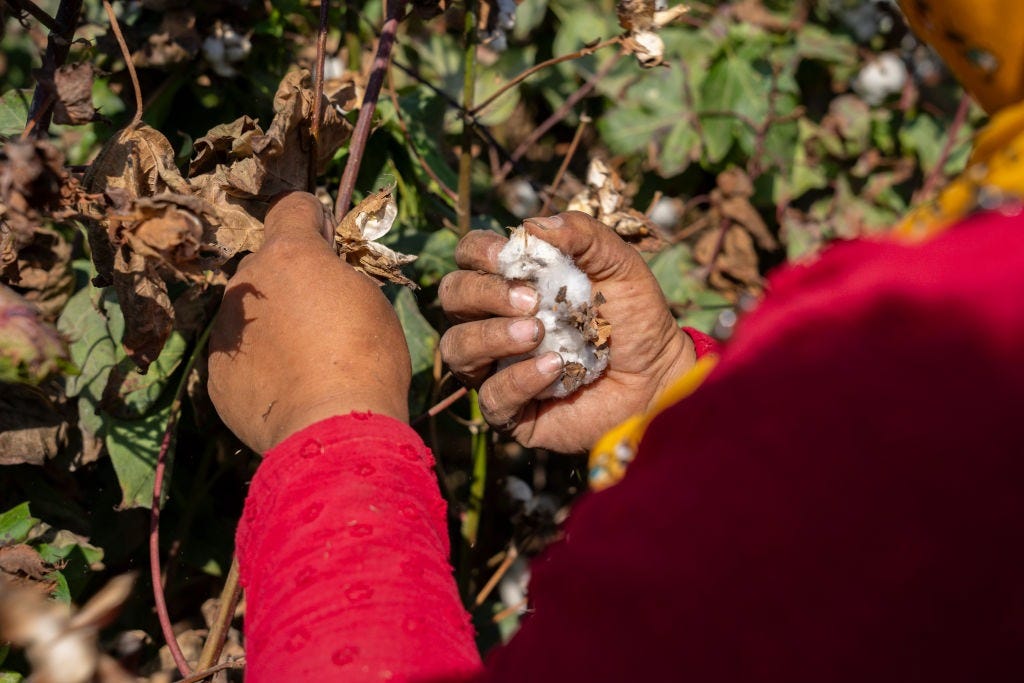Egypt revamps textile industry, impacting global cotton supply

Egypt is transforming its textile sector through a $1.1 billion modernization program aimed at revitalizing state-owned factories, primarily in al-Mahala al-Kobra, the country’s historic textile hub. The initiative includes the merger and upgrade of century-old spinning, weaving, and textile factories, creating massive industrial complexes such as the newly established Yarn 1 Factory, which produces 15 tonnes of yarn daily.
Once contributing 40 per cent of Egypt's export revenues, the textile industry's share has dwindled to just 3 per cent. This rejuvenation seeks to restore Egypt's position as a major global producer by enhancing production capabilities with modern machinery and export-oriented strategies.
However, this modernization is expected to significantly reduce Egypt's long staple cotton exports, as local factories absorb most of the domestic crop. In 2024, Egypt cultivated 225,000 acres of cotton, producing 4 million kilograms, up from 3.1 million kilograms in 2018. Despite increased production, local demand will likely leave a gap in international markets, where Egypt contributes 20 per cent of long staple cotton supplies.
Experts predict countries like India, China, and the US may increase production to fill this void, marking a shift in global cotton trade dynamics.
